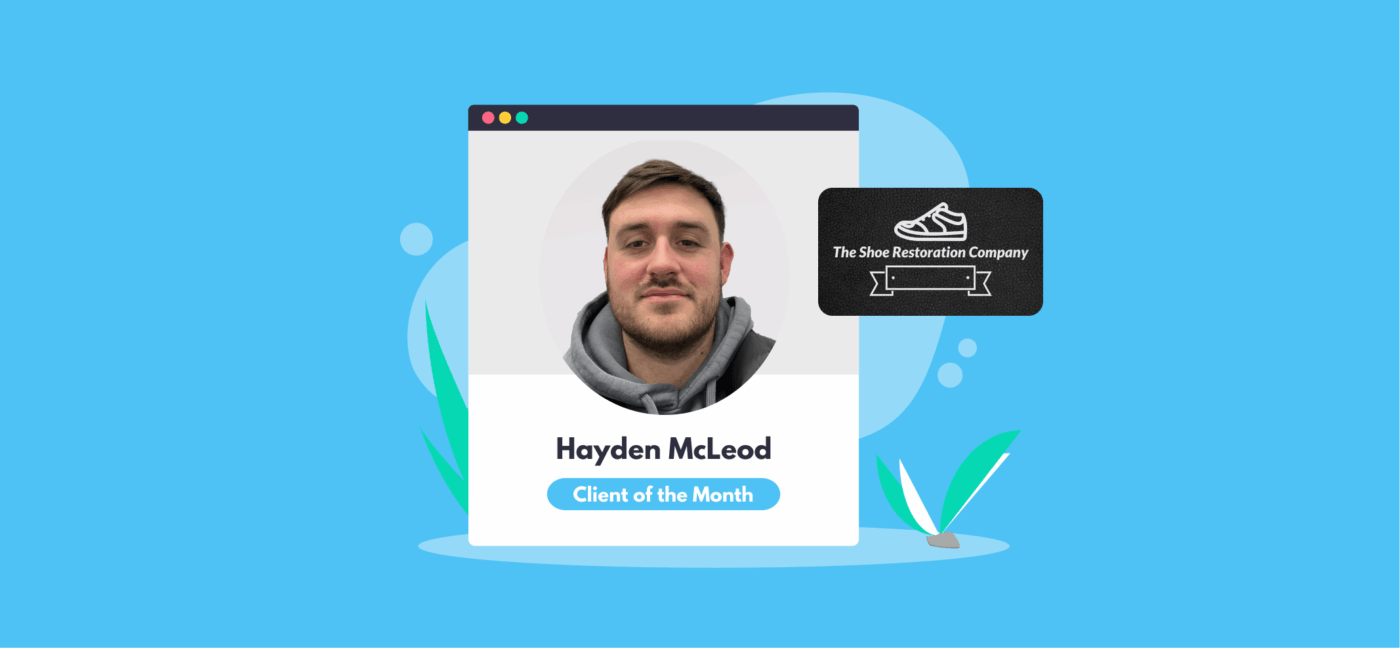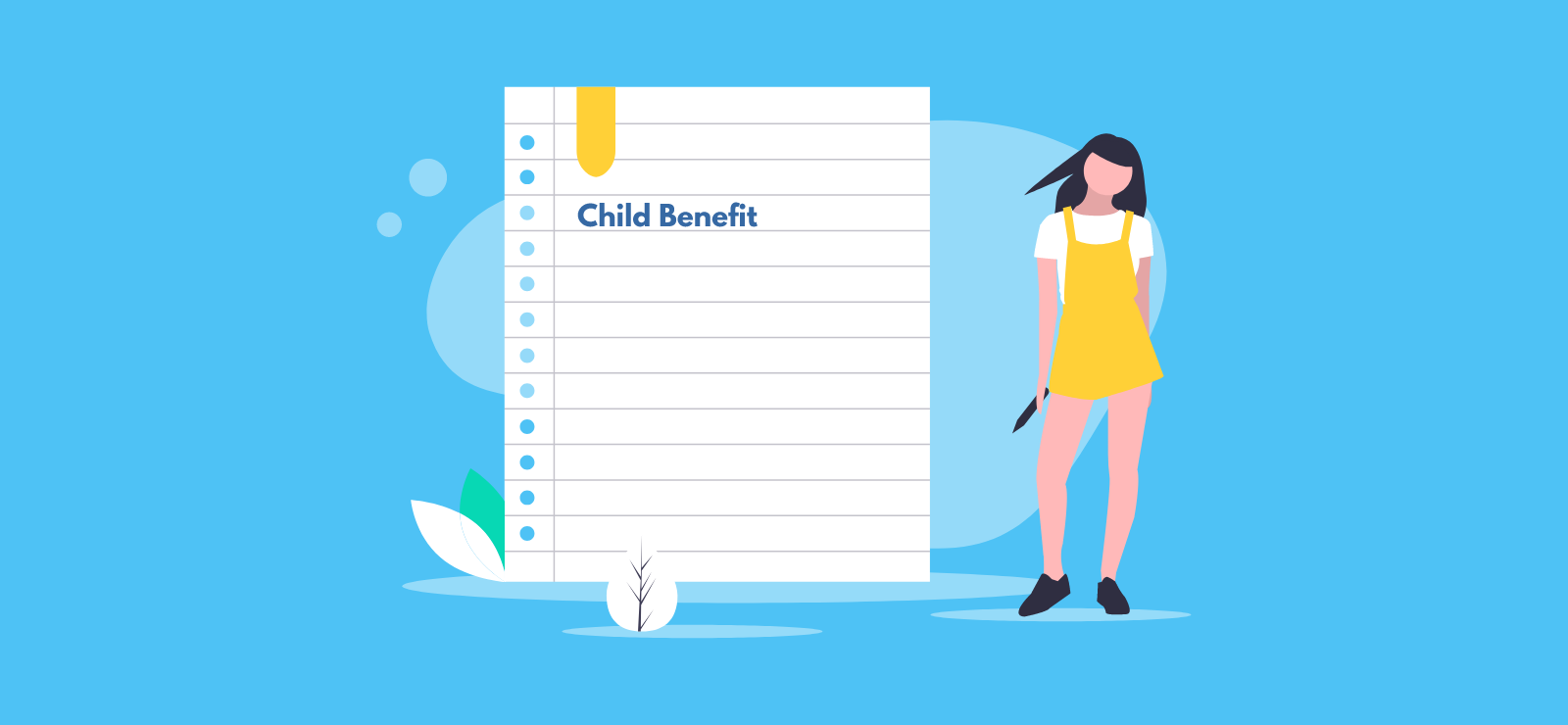

What is Cash Flow in Business?
Having cash in your business doesn’t just mean physical notes and coins. In accounting terms ‘cash’ also refers to any other money which is available, such as in a bank account, so cash flow looks at the way funds move in and out of the business.
What is cash flow?
Money can come in and go out of a business for all sorts of reasons, from customers paying their invoices, to making loan repayments to the bank.
Your cash flow shows how this money moves in and out of your business over a particular period of time, helping you to understand what funds are actually available at any given point. Cash flow is basically all about timing.
For example
The business made several big sales recently, although your customers haven’t paid their invoices yet and the payment deadline is still two weeks away.
Your suppliers expect to be paid at the end of this week. You don’t currently have enough funds available to pay your suppliers, so your cash flow shows as a negative.
Is cash flow important?
Absolutely! No matter how big, small, simple, or complicated your business is, managing cash flow is crucial – especially if there isn’t a lot of cash coming in.
Even if you have lots of cash available, monitoring your cash flow will help you use those funds in the most efficient way. For example, knowing when you can buy new equipment or machinery without straining funds elsewhere.
How do I create a cash flow statement or forecast?
Good bookkeeping habits are the foundation of any financial reporting. Your cash flow statement is basically a summary of everything that goes in and out over a period of time, so recording invoices, receipts, and other transactions, will help you build a picture of what’s happening.
Some bookkeeping software includes financial reporting tools, allowing you to create or view cash flow reports based on the figures you enter. A cash flow forecast uses that information to estimate what cash flow will look like in the future.
Is revenue part of cash flow?
Your revenue is a part of your cash flow, but it only refers to what is coming into your business accounts. Cash flow measures what is coming in and going out.
What can I do to manage cash flow?
It’s rare to meet a business owner who hasn’t encountered a cash flow crisis at least once in their entrepreneurial lifetime, but there are things you can do to reduce the risk.
Some cash flow issues present nothing more than a minor bottleneck that can be easily unblocked, but leaving potential problems to develop can be fatal for a business – especially a vulnerable start-up or small enterprise. But first… review your cash flow statement!
Cut your costs
It’s good practice to review spending on a regular basis, because this will help you be more efficient. Cutting your costs also helps you make more profit, whereas unnecessary spending puts more strain on cash flow.
Stay on top of payments your business needs to make
Keep a record of anything your business spends money on, from supplier invoices to staff wages. This will help you monitor what money will need to leave the business and when.
Review your payment terms
How long do you give clients to pay their bill? If you’re struggling to pay your own bills before clients pay theirs, then it might be time to set shorter payment terms, or negotiate shorter ones with your suppliers. You might also consider:
- Offering discounts to customers if they pay sooner
- Asking for deposits up front
- Invoicing in stages or setting milestone payments
Send out your invoices promptly
Any delays sending your invoice can result in delays receiving payment. The faster you invoice, the faster you get the money into your account. Don’t put it off until tomorrow – invoice today.
Follow up on unpaid bills
Customers who are slow paying their invoices can put a huge amount of strain on your business, so it’s worth thinking about how to tackle late payments. These can include preventative measures such as regular reminders before the payment deadline, progressing to increasingly stern follow-ups if it passes without payment.
It’s also useful to look at regular clients and see if you can spot any trends. For example, you might want to introduce up-front payments for that one customer who is always late paying!
Be meticulous with your bookkeeping
Record everything as often and as quickly as possible (using good bookkeeping software can automate a lot of these processes and reduce the administrative burden).
Keeping everything up to date and paying attention to your reports will help you spot trends and timings so you can take action and reduce the risk of problems developing.
Review your pricing
Deciding what to charge can be nerve-wracking because you want to be competitive, but need to make a living. Unfortunately, costs tend to rise, and your fees will need to rise with them if you’re going to continue making a profit and paying your bills on time.
Pay off debts as quickly as possible
If you’re in a position to reduce what you owe on a loan or line of credit without getting stung by early repayment charges, then it’s worth considering. It means you’ll pay less interest overall, and help your cash flow improve sooner.
Manage stock
If you sell products, then you need to maintain enough inventory or else you’ll run out and won’t be able to make sales. If you sell services, then you need the resources to be able to do so.
The downside is that the more cash you have committed to these, the less you’ll have on hand to spend. It’s a delicate balance, and one which can take practice.
Learn more about our online accounting services for businesses. Call 020 3355 4047 to chat to the team, and get an instant online quote.
Want to learn more?
Subscribe to our newsletter to get accounting tips like this right to your inbox

Read more posts...

Staff Spotlight: Sarah Orrell, Payroll/Admin Assistant
1st September 2025Give an overview of the duties, functions, and responsibilities of your job. I help clients get their payroll services set up and…
Read More
August 2025 Client of the Month: The Shoe Restoration Company
1st September 2025This month we spoke to Hayden, founder of The Shoe Restoration Company. The Shoe Restoration Company | Facebook | Instagram Hey Hayden!…
Read More
Can I Claim Child Benefit if I’m Self-Employed?
31st August 2025If you are bringing up a child or children, you may be entitled to claim Child Benefit. This is a tax-free benefit…
Read MoreConfirm Transactions
The number of monthly transactions you have entered based on your turnover seem high. A transaction is one bookkeeping entry such as a sale, purchase, payment or receipt. Are you sure this is correct?
Please contact our sales team if you’re unsure
VAT Returns
It is unlikely you will need this service, unless you are voluntarily registered for VAT.
Are you sure this is correct?
Call us on 020 3355 4047 if you’re not sure.
Bookkeeping
You will receive our bookkeeping software Pandle for free, as part of your package.
You can use this to complete your own bookkeeping, or we can provide a quote to complete your bookkeeping for you.
Please select and option below:
Call us on 020 3355 4047 if you’re not sure.

